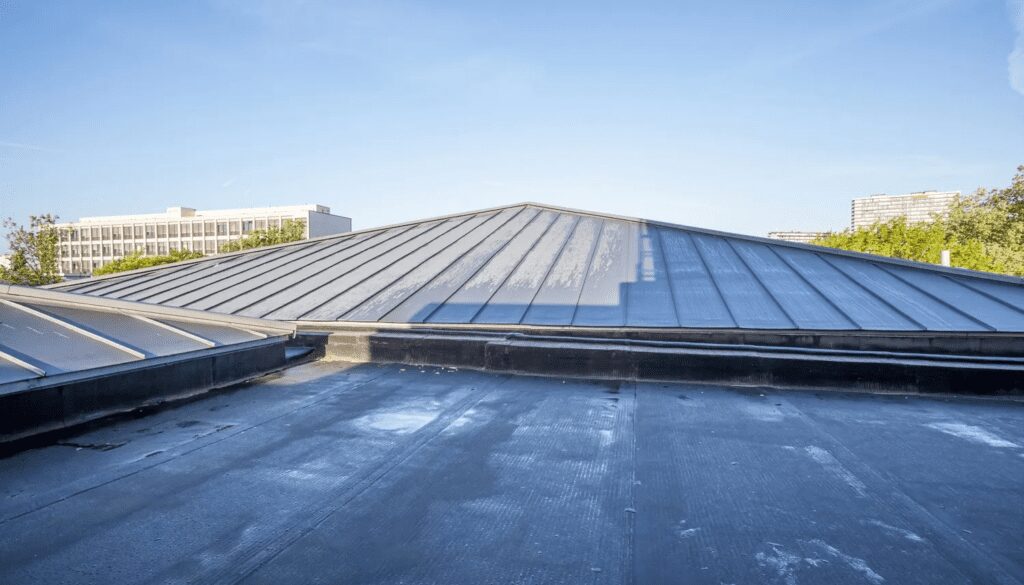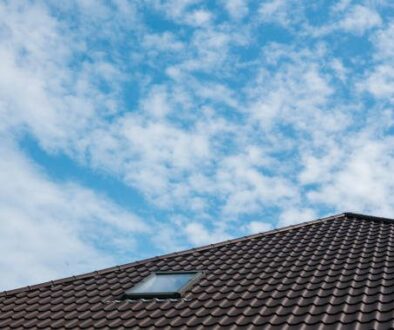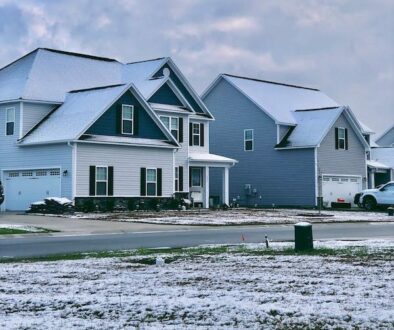Materials for Low Slope or Commercial Roof
What type of material should you use on your low-slope or commercial flat roof?
There are many factors to consider.
The foremost for a business owner is likely going to be price, but there definitely should be other considerations, especially if the owner intends to retain the property for any significant period of time. Below are a set of questions to consider when choosing a flat roofing material:
Will I be able to find a reliable contractor that is certified in the type of roofing material I would like to use? In some places it may be very difficult to find a contractor that can use the type of roofing material you would like, and provide a warranty with it. Contractors must be certified by the manufacturers of the roofing systems for which they install to be able to offer the manufacturer’s warranty. To be certified they must meet professional standards for insurance, safety, and quality. These certifications can be expensive to attain and keep. It may be difficult to find a contractor that has invested the time and money necessary to be a certified contractor.
Are there tax credits or rebates offered that would offset the cost of an energy efficient roof? Many municipalities are offering incentives through grant programs to encourage the use of newer roofing materials that reflect sunlight and reduce the effect asphalt can have on urban heat islands. TPO and PVC roofing membranes are most often white and do a much better job at keeping a building and the surrounding area cool in the summer sun.
How much traffic will there be on my roof? In the past, roofing systems were very durable and could be walked/worked on without the fear of causing a failure. Most old buildings had built-up-roofs (BURs) that were made of layers of felt that were coated with hot asphalt to achieve a highly durable and impermeable roof surface. Once the layers of felt and asphalt were installed, an aggregate such as small pebbles would be applied to the top layer to increase the durability and protect the asphalt from UV degradation. Today, the BUR practice is a dying trade due to a number of factors mostly revolving around skilled labor shortages, health, and safety. Newer and safer single-layer membrane systems are coming a long way in durability but have not achieved the same performance as BURs. When installing a TPO, PVC, or EPDM roofing membrane, the method of installation and preparation, the skill of the worker, and accessories can greatly affect the longevity of the system, but the most frequent problem with these single layer roofs is puncture. They can be easily torn or punctured by tools and protrusions as workers walk and work on the surface of the roof. Luckily, these roofing membranes are easy to repair by a knowledgeable professional.
If you are investigating options for roof replacement or repair, it is probably because you are already having problems. Roof repair and replacement can be very expensive. This is even more true when dealing with a large roof that is covered by specialty materials that require skilled and knowledgeable professionals to install. If you are in need of a reliable and honest roofing contractor in Louisville, KY you should check out Roof It Right, LLC. They are a highly rated residential and commercial roofing company with certifications from all of the manufacturers of the products they install. They also offer workmanship guarantees to give their customers the peace of mind they deserve when spending money to protect their real estate investments!


